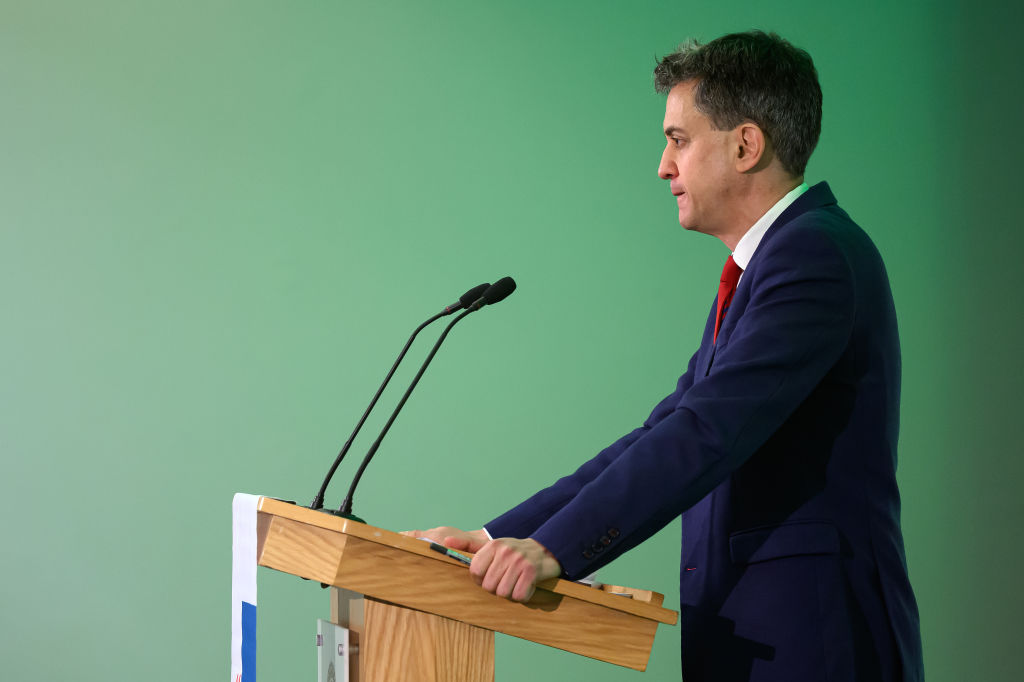
Cop28, which takes place at the end of this month in Dubai, falls at a pivotal moment for climate action in the UK and internationally. Earlier this year, Prime Minister Rishi Sunak rowed back on the UK’s net zero commitments, insisting that he was being “honest” with the British people in doing so. And the King’s Speech on 7 November included giving the green light to new oil and gas licences. Meanwhile, extreme weather events have wreaked havoc across the globe in recent months – from major storms in the UK to devastating wildfires in Greece. September 2023 was the most anomalous warm month globally since records began.
The UN climate summit also comes at a pivotal moment for the Labour front bench. In the aftermath of a mildly eventful party conference, and with an ongoing lead in the polls, Cop28 is an opportunity for the shadow climate change and net zero secretary Ed Miliband and his team of shadow ministers. The conference could be a dress rehearsal for the party if it wins next year’s election: if the vote is held ahead of Cop29 next year, it could be Miliband and his team stepping up to the negotiating table on behalf of Britain.



